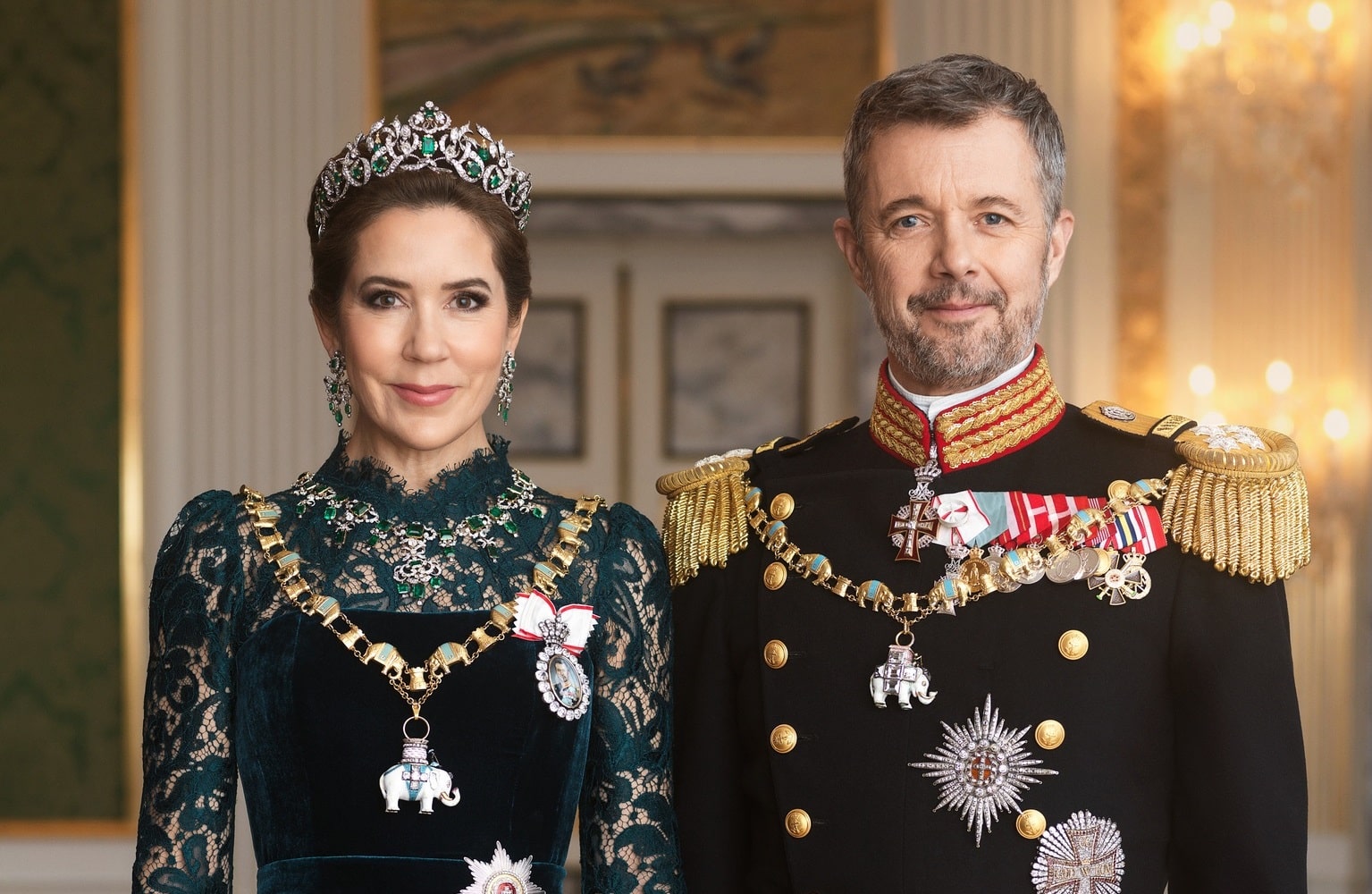Roger Howsen is a retired colonel and defense specialist. He has been following the situation in Ukraine closely since the beginning of the invasion.
Yes, Western tanks will soon be delivered to Ukraine, including the German Leopard 2. No, they will not change the rules of the game in the sense that they will turn the tide of the war in Kyiv’s favor. And also: they will not lead to an escalation, just like the rest of the large Western arms package that promised Ukraine last Friday. As long as tanks and other weapons are not used to attack Russian territory in the end, there will be no escalation.
The West has two primary military goals in the war: first, to prevent Ukraine from being defeated, and second, to prevent direct involvement in the fighting. Both goals have so far been achieved through large-scale arms deliveries to Kyiv. But at the start of the war’s second year, a third defining challenge to the West looms: the strategic preservation of military support for Ukraine. It is about our military-industrial mobilization. In particular, to increase the capacity of our defense industry and our political and social will to continue the war effort in favor of Ukraine and, moreover, to maintain it for several years.
In other words: what modern weapons can the West supply from the depots of its armies, what can be replaced and produced over several years and what are we willing to pay for it?
Russian benefits
The Russian military may be ill-motivated, poorly trained, poorly led, and little supported by Western standards. Equipment maintenance may be primitive, rations outdated, and command unable to coordinate joint operations of modern warfare. But Russia retains four main advantages.
The first is simply size. With a population of 146 million, the country still has an abundance of manpower to throw into battle. Although Russia’s military stockpile has dwindled significantly over the past eleven months, it still has large amounts of military equipment, including several thousand tanks and armored vehicles.
Secondly, Russia has the disproportionate advantage of having a “sanctuary” in its own country. It can fire on the entire territory of Ukraine, while Kyiv’s capabilities in this region are almost non-existent. Ukraine has launched some daring attacks on Russian soil, but it has not yet caused significant military damage there, let alone destroying the Russian economy.
Russia also has a number of less tangible benefits. One is his sheer cruelty. From a human point of view, President Vladimir Putin and his generals don’t care how many tens of thousands or even hundreds of thousands of their soldiers have been killed or maimed in the war. Nor do they shy away from mistreating Ukrainian citizens in apartment complexes, schools, and hospitals.
Fourth, there is the system: Russia is an autocracy. This is not really an advantage, but it allows Putin to push through “difficult” decisions, such as mobilization, without much resistance. Or also the transformation of local production chains into a war economy, with more shifts in factories, additional production lines, and priority in obtaining raw materials and parts. Meanwhile, Russia’s military-industrial complex is on steroids.
Russia is completely self-sufficient in terms of energy and raw materials and not only has sufficient manpower, but also the will and conviction to maintain this war economy system for a long time. On the other hand, Russian society has been preparing for months for the situation in which every Russian would have to contribute to the war effort. Moreover, Putin has already made it clear to the Russians that the war will drag on for a long time.
Two options for the West
Thus, who wins the war will depend less on the number of towns and cities to be conquered in the coming months, the number of airports and power plants bombed or the number of weapons sent to the battlefield in the spring, but more on the economic resources that both sides are willing and able to have. mobilize it over the next two or three years. In a war of attrition like this, productive capacity—ultimately economic power—and the will to use it to its full potential is crucial. In other words, military-industrial mobilization will be decisive. Ukraine is located in the west. What is the strength of Kyiv, but at the same time the Achilles tendon.
Basically, Ukraine’s allies have exactly two options: a failed state in Eastern Europe, or two. Western military-industrial mobilization is indispensable for the first option. Otherwise, it will become the second option, by default.

“Creator. Award-winning problem solver. Music evangelist. Incurable introvert.”






More Stories
An official ceremony for Crown Prince Moulay El Hassan (photos)
Ten dead after a helicopter collision – in the sky
Indian Prime Minister Modi accused of hate speech after statements in which he described Muslims as “invaders”